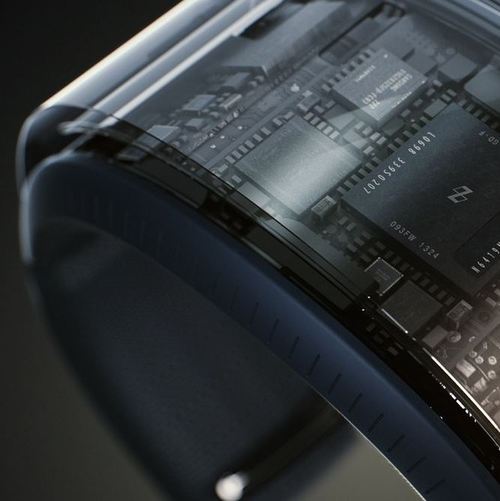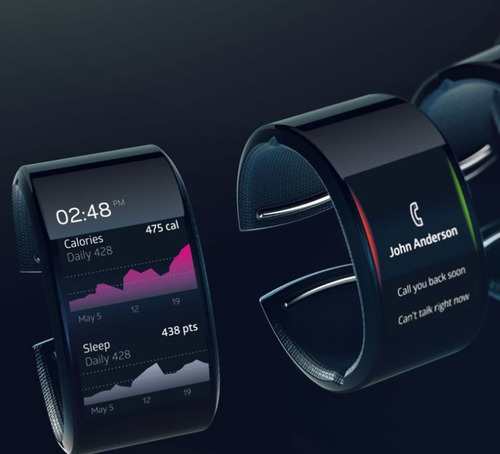It was easy to get lost in the sea of gadgetry and talks available at this year’s Wearable Technology Show, but one of the items on the agenda which made us pause was a talk from Simon Tian, CEO and Founder of Neptune.

I’d noticed Neptune’s interesting approach to its smart watch back in the day. It was dubbed “the first standalone, full-featured smartwatch” – think independent calls, texts and internet access from a smartphone on Android – but this was in 2013, before every man and his wife decided to miniaturise the smartphone for our wrist. So, I thought it might be worth sticking around to hear his story.
Tian explained he believes there’s too much risk associated with all our highly intelligent devices, which use the cloud to tie all our information together. Instead, he’s of the mind we invest in one device which houses all the computing processes we may need, and then avoid “having redundant computing power and connectivity components being needlessly repeated across all your devices” and simply have screens as peripherals to the hub, with different form factors which draw on the wrist device to operate.

These are all ultimately cheaper and much more expendable if you happen to leave one on an ice cream counter and walk out, distracted by the sweet treat you’re now holding instead (not that this has happened to me, of course). Without the hub, the product is useless, leaving your data safe and a thief a little dumbfounded by a blank, inoperable screen.
This video gives you the gist of the vision Tian shared for the wearable but also wider consumer technology market:
Next week, Neptune will formally announce its full range of peripheral devices for the hub, which will be available as a bundle initially just in the US for $599. Will people be throwing their iPads and Android smartphones in the bin? Not immediately of course – as a relatively dinky lady I’m not sure how I feel about wearing a chunky black bracelet all the time to operate my devices, and if I pop it down somewhere I shouldn’t, we’re not entirely clear what happens then…
But if Tian gets enough interest in what is essentially a far less demanding and cheaper product cycle, he could turn the consumer tech ecosystem on its head. We think it’s a shame he didn’t turn more at the show – whether it works out or not, it’s ideas like these which makes this industry so exciting!
(all images via Neptune)

